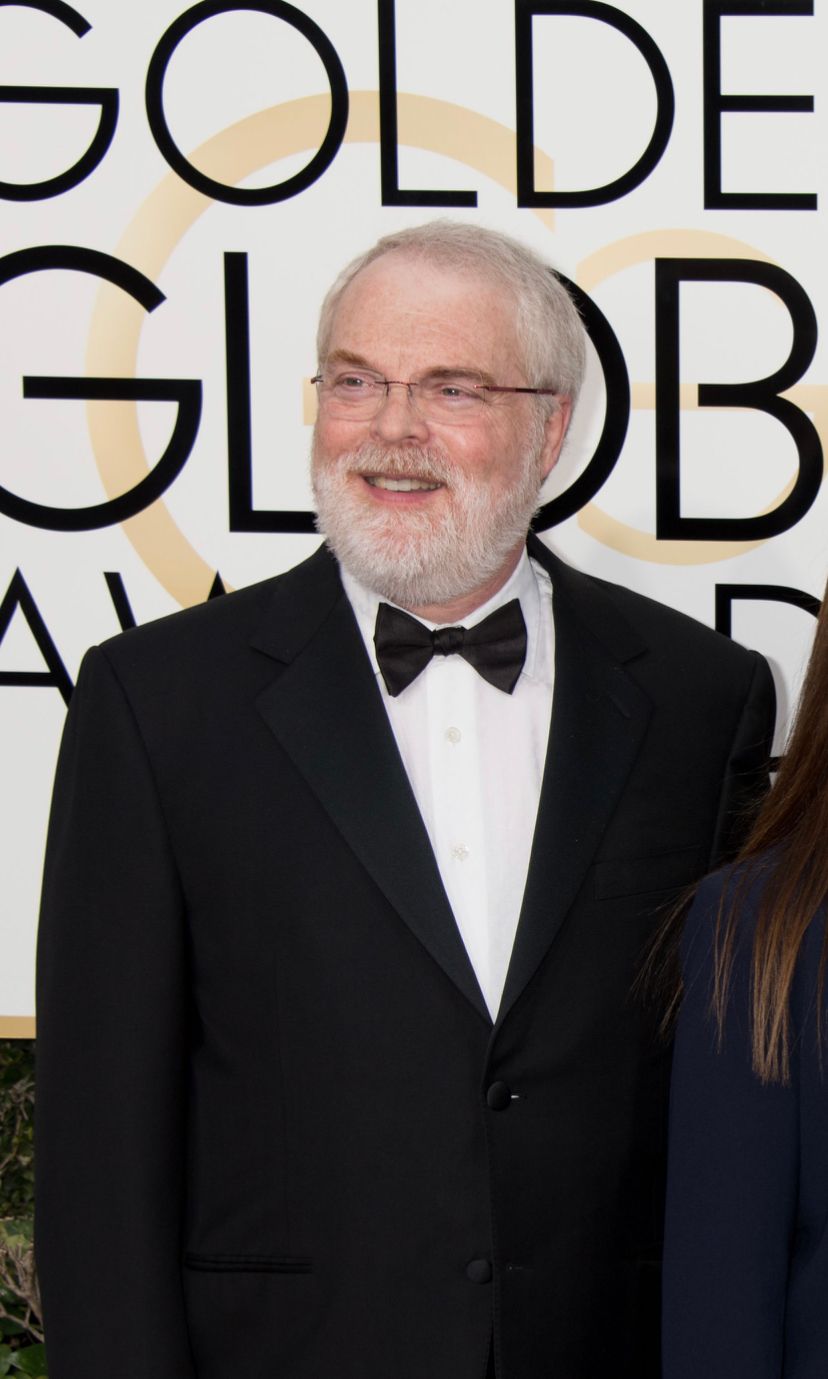
- Interviews
As Live-Action ‘The Little Mermaid’ Opens, Ron Clements Remembers the Making of Animated Classic
When in the mid-80s, Disney contemplated the unimaginable and considered closing its animation division after years of living off re-releases of its classics like Snow White and the Seven Dwarfs (1937), Cinderella (1950) and Peter Pan (1953), and more recent releases like The Fox and the Hound (1981) and The Black Cauldron (1985) that did not bring them great profits, it was imminent that a change was needed to survive.
Summoned by the new corporate leadership of Disney studios, led by Michael Eisner and animation chief Jeffrey Katzenberg, Ron Clements and John Musker were the animators who brought to the table the proposal on which they would focus their talents and energies to save the division. The film would be based on Hans Christian Andersen’s fairy tale, “The Little Mermaid.”
Although Katzenberg initially rejected making “The Little Mermaid” because he felt it was similar to Splash (1984), a romantic comedy starring Daryl Hannah and Tom Hanks about a mermaid and a mortal, it didn’t take long for the executive and the rest of the Disney creative team to realize that Andersen’s tale brought magic, romance and adventure, memorable characters and songs. The movie would be titled in English as The Little Mermaid (1989).
Both Clements and Musker had entered Disney as apprentices of Frank Thomas, one of the nine animators known as the “nine old men” who shaped the Mickey Mouse studio with their feature films. Taking the helm of The Little Mermaid meant a great professional adventure for them, as they themselves wrote the screenplay.
Disney had the vision to bring composers Howard Ashman (1950-1991) and Alan Menken from the world of theater, who achieved success with Little Shop of Horrors, and gather the voices of Jodi Benson (Ariel), Christopher Daniel Barnes (Prince Eric), Grammy winner Pat Carroll (Ursula) and Samuel E. Wright as the calypso-singing crab, Sebastian.
The Little Mermaid not only ended up grossing over $230 million worldwide but it also gave a new voice to Disney studios and its animation team. The film won the Golden Globe for Best Original Song for “Under the Sea” and Best Original Score and was also nominated for Best Motion Picture – Comedy or Musical.
On May 26, 2023, Disney will release worldwide the live-action version of The Little Mermaid, directed by Golden Globe nominee Rob Marshall (Chicago, 2003).
Halle Bailey plays Ariel while Javier Bardem is King Triton and Melissa McCarthy is Ursula. Composer Lin-Manuel Miranda was invited to lend his talent in writing additional song lyrics.
Interviewed on the blue carpet, Ron Clements recalled 1989 when the spell of the little mermaid flooded Disney and the entire planet.
What are you looking forward to about the live-action adaptation of The Little Mermaid after co-directing the original animated version in 1989?
Since I wasn’t involved in making this film, I’m looking forward to seeing it. Although I have a great relationship with musicians Alan Menken and Lin-Manuel Miranda (whom I worked with on Moana), I know that this version of The Little Mermaid is completely Rob Marshall’s vision.
In our time, we made our own reinvention of Hans Christian Andersen’s tale of The Little Mermaid and now they are reinventing with theirs. I am very happy that they continue the previous versions, making all kinds of possible combinations.
The animated film gave a new voice to Disney’s animation division. Are you proud of it?
Absolutely! It was very exciting. It happened a long time ago or at least that’s how it feels now. I worked with Howard Ashman and Alan Menken and all the artists were young. We’re not as young anymore.
I think I was around 30 years old. John Musker and I were the veterans so it was our job to support the newcomers at Disney. It was truly a new generation of animators that revitalized Disney’s animation as a studio. We all thought it was a great opportunity to make our mark and I believe we succeeded.
We wanted to create a film that could stand alongside Snow White and the Seven Dwarfs, Cinderella and Sleeping Beauty (1959) and although it seemed like a great challenge, I think it has indeed stood the test of time. So, all of this is wonderful.
How does it feel to see a character like the Little Mermaid (Ariel) embraced by generation after generation?
Yes, it has continued for generations. And that’s what you always hope for. I’ve had the opportunity to meet people of a certain age who say to me, “Thank you for my childhood!”
And it feels strange because, although the film was very popular when it was released and people learned the songs, the real success came when The Little Mermaid was released on DVD. Children watched it over and over again.
When I was young, I couldn’t do that with my favorite movie because there were no videos or streaming although I would have loved to. Little did I think that in 1989, those children who watched the movie would grow up one day to have children and would continue the tradition of watching The Little Mermaid.
Is there a particular moment you’re looking forward to seeing in this remake of The Little Mermaid?
When we made the movie, John and I split the sequences to direct. For example, he did all the Ursula songs and the theme song for “Kiss the Girl” while I directed “Part of Your World” and “Under the Sea.” So, I’m very interested to see how these musical numbers were reinvented for the film.
Translated by Mario Amaya